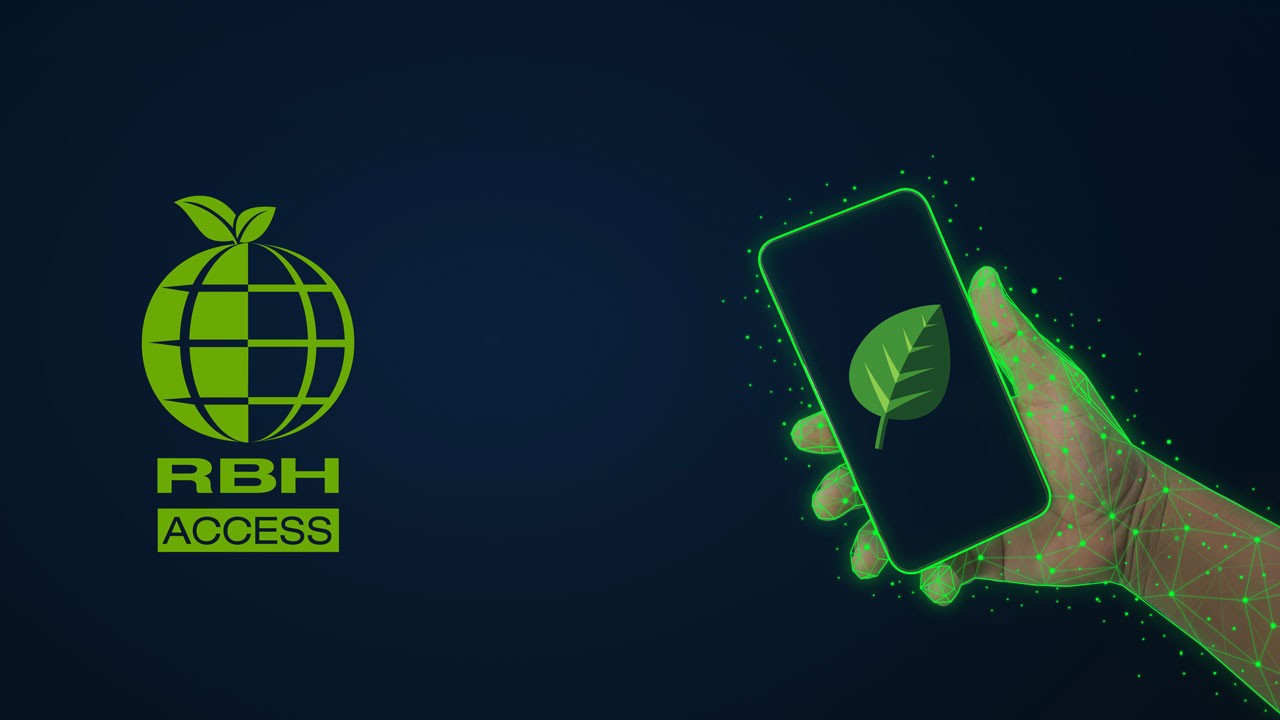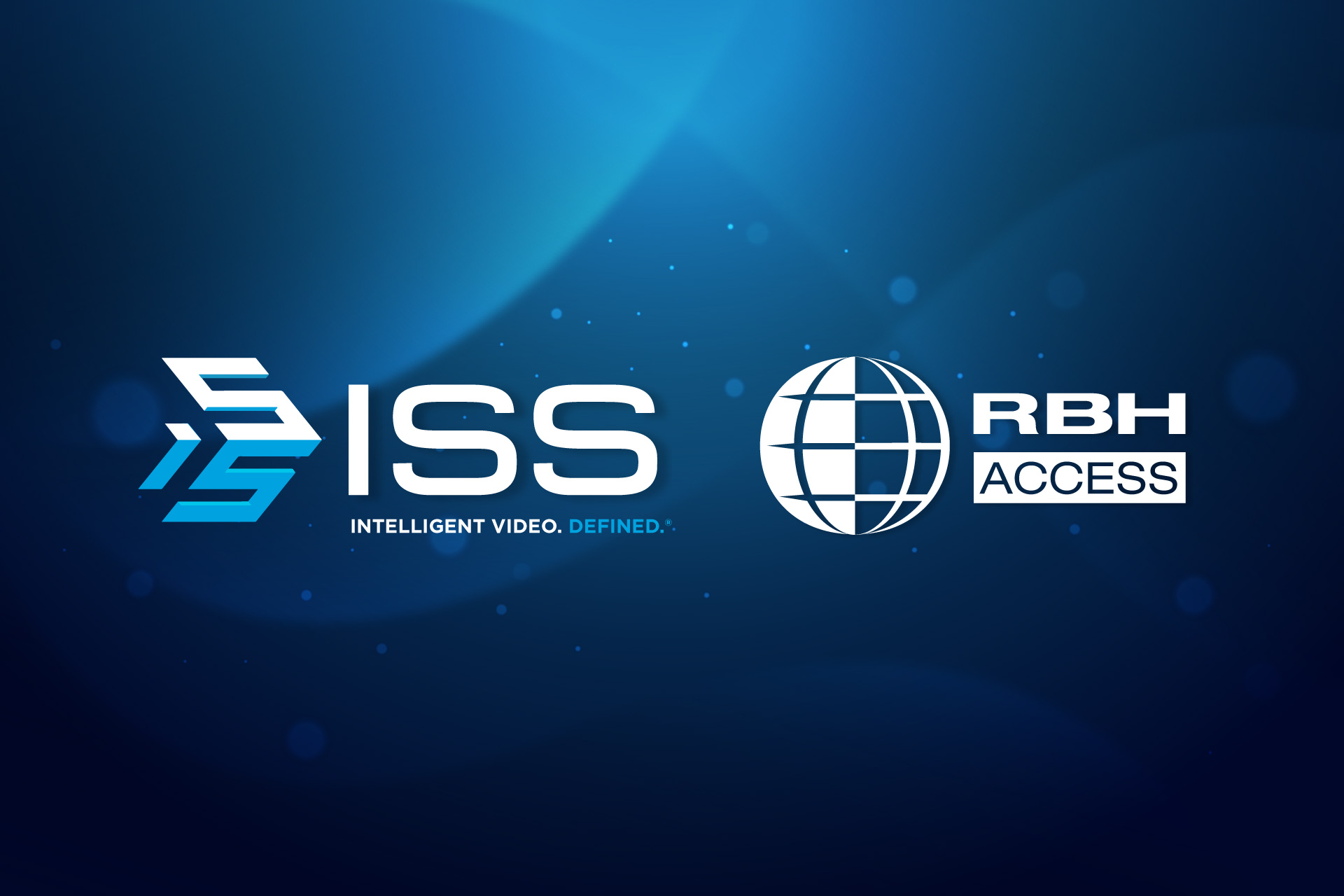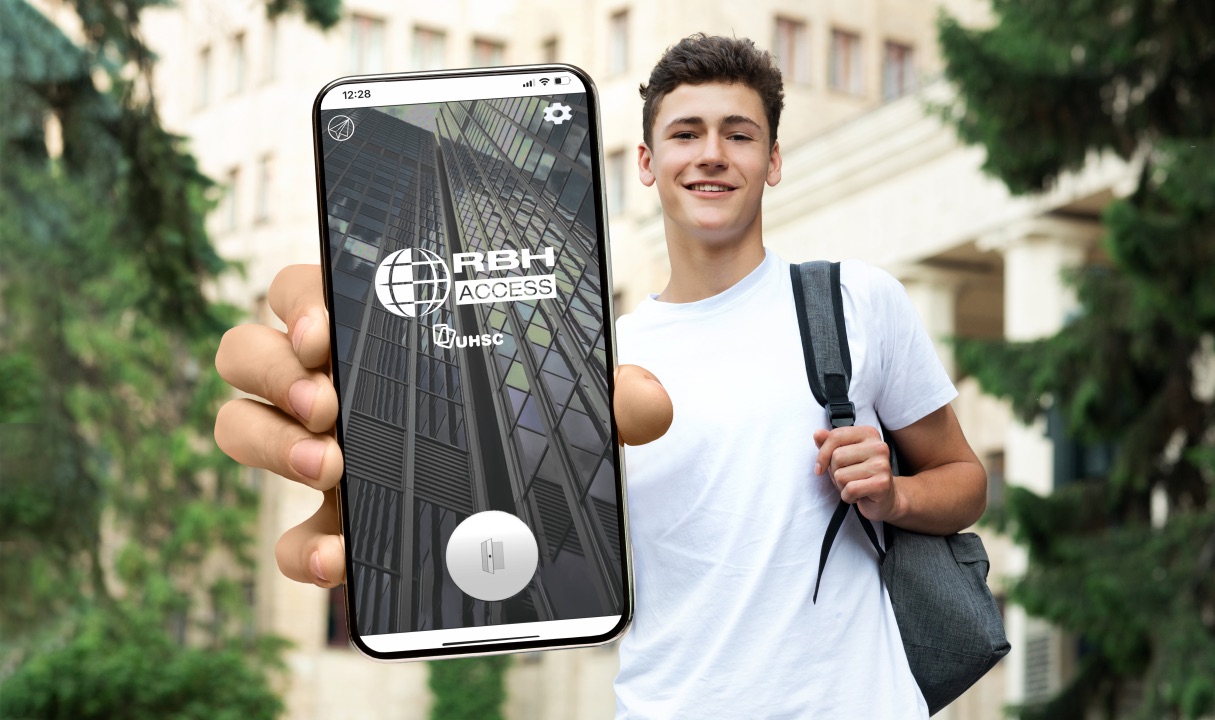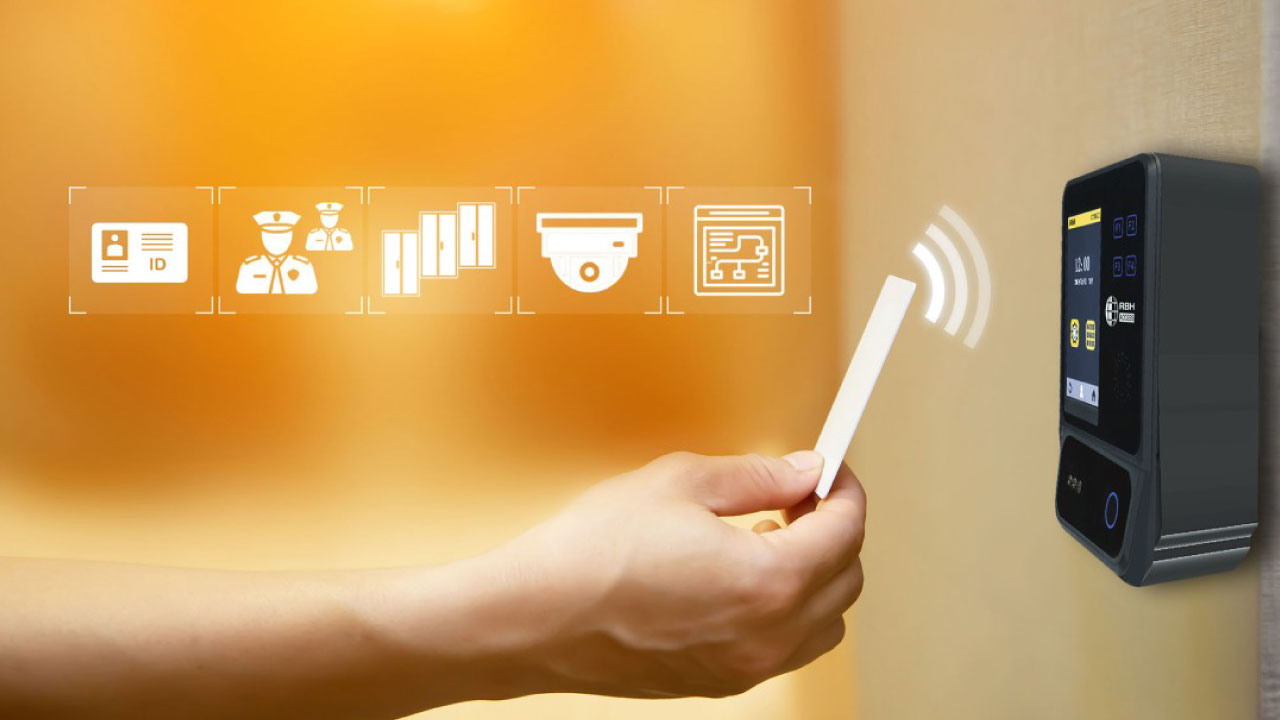
The Environmental Implications of Access Control: Balancing Security and Sustainability
The environment and the impact we have on it is a common concern for all industries including security, where we see solutions oriented to this aspect such as solar-compatible hardware, carbon footprint-reducing green technologies, reusable raw materials, etc.
RBH Access has received several awards for the development of green solutions in the security industry thanks to its efforts to save and optimize energy and reduce the impact on the carbon footprint. Some of RBH's innovations are its readers and controllers with low power consumption technologies, blueLINE™ mobile credentials, and applications such as Axiom Links, which allows scheduled automation of external devices to facilitate more efficient use of infrastructure.
Regarding blueLINE, RBH Access has implemented mobile credentials with different technologies and features to benefit users and reduce the environmental impact of physical credentials. We will be expanding on these benefits below:
Mobile versus physical credentials.
- Waste reduction: Physical credentials, such as ID cards and keys, are consumable items, which require constant replacement due to loss, deterioration, or administrative changes. This leads to the consumption of a large amount of waste, including plastic and metal. Mobile credentials, on the other hand, have no physical parts that wear out or break, significantly reducing the possibility of replacement.
- Lower carbon footprint: The production of physical credentials requires a large number of resources, including energy and materials (supplies, transportation, distribution, registration, printing, etc.) generating a significant carbon footprint. In contrast, mobile credentials do not require the production of physical materials and therefore have a much smaller impact on the ecosystem.
- Flexibility and mobility: Mobile credentials allow for greater flexibility and mobility in the workplace, reducing the need to physically travel to an office to generate photographs and register, obtain, and validate a physical credential. Consequently, decreasing the amount of travel minimizes the emission of pollution associated with transportation and logistics.
In summary, mobile credentials offer significant advantages in terms of waste reduction, carbon footprint, and ease of acquisition, making them a greener and more sustainable option compared to physical credentials.
Avoiding the use of data servers
Most of the existing digital credentials require the use of data servers for the generation of unique IDs. As it is well known, one of the biggest current environmental problems is the use of servers due to their high energy consumption, in addition to generating high monetary costs for companies.
blueLINE™ mobile credentials do not require server authentication as the credential is generated directly on the user's mobile device, therefore, it does not require servers for ID generation which has less impact on the planet.
Optimization and on-demand use
One of the usual problems with some credentials is that they need to be active always for validation against a reader, significantly increasing the device's battery consumption rate. This requires more frequent charging, generating another significant environmental impact, as well as a hassle for the user.
In contrast, blueLINE™ credentials have implemented a technology where the credential is activated only when the user requires it, saving battery and extending the battery life of the mobile phone; blueLINE credentials use the BLE (Bluetooth Low Energy) protocol which is only used for data transmission and will be in suspended mode while not in use, this reduces energy consumption substantially, making use of the battery only in moments when the user activates the credential.
In closing, some of the advantages that RBH Access has realized in its systems, due to the technologies implemented and the special attention paid to the reduction of the environmental impact of its different devices, were presented. RBH will continue to work on the design of systems that allow optimal use of energy consumption, the extraordinary durability of its devices (reducing the consumption of raw materials and constant renewal), and the improvement and ease of daily use by users.
If you want to learn more about RBH Access and how to implement blueLINE mobile credentials for your company. We invite you to follow the link below, you can also request a demo with our representatives in each country.








